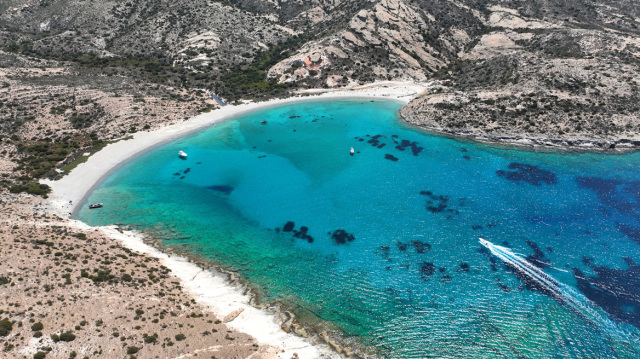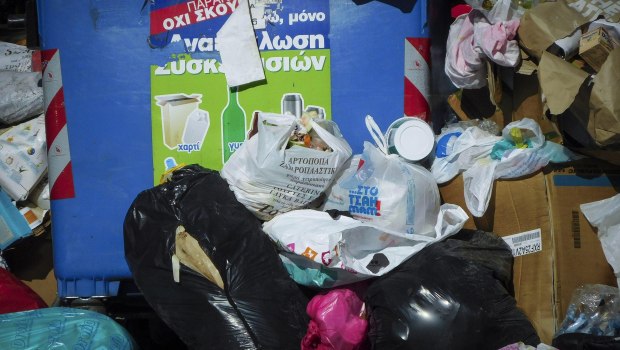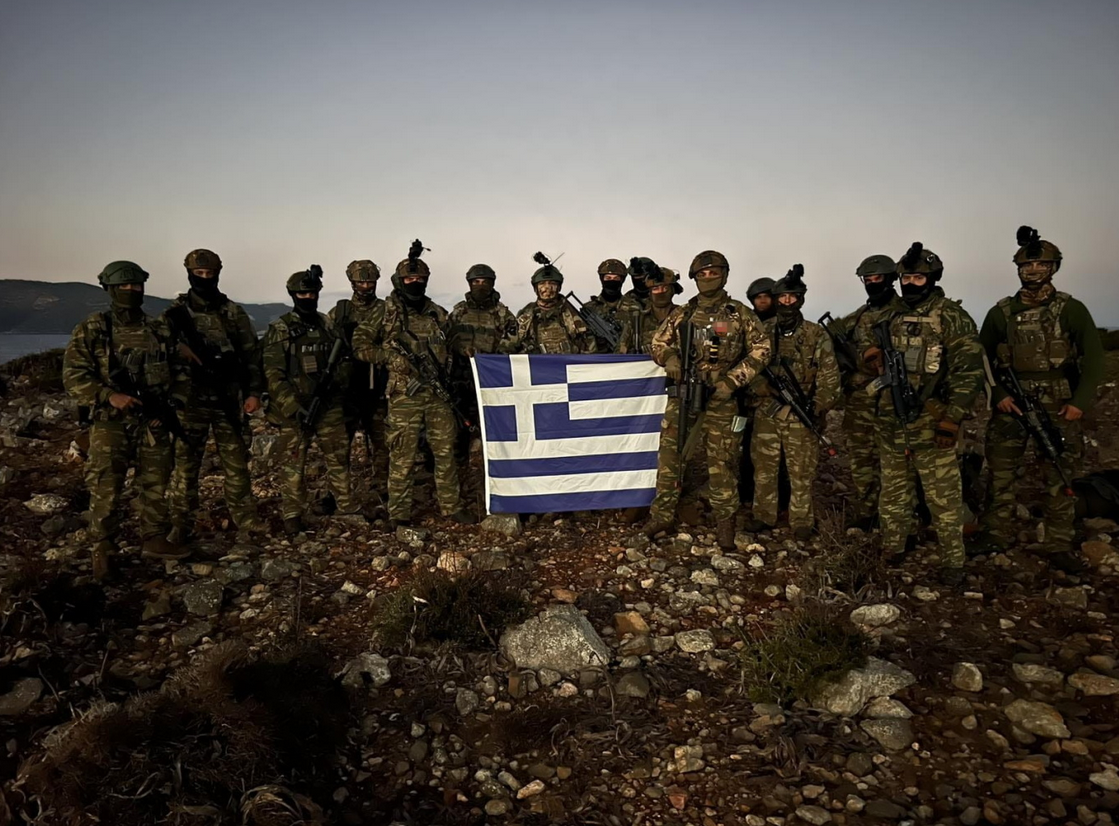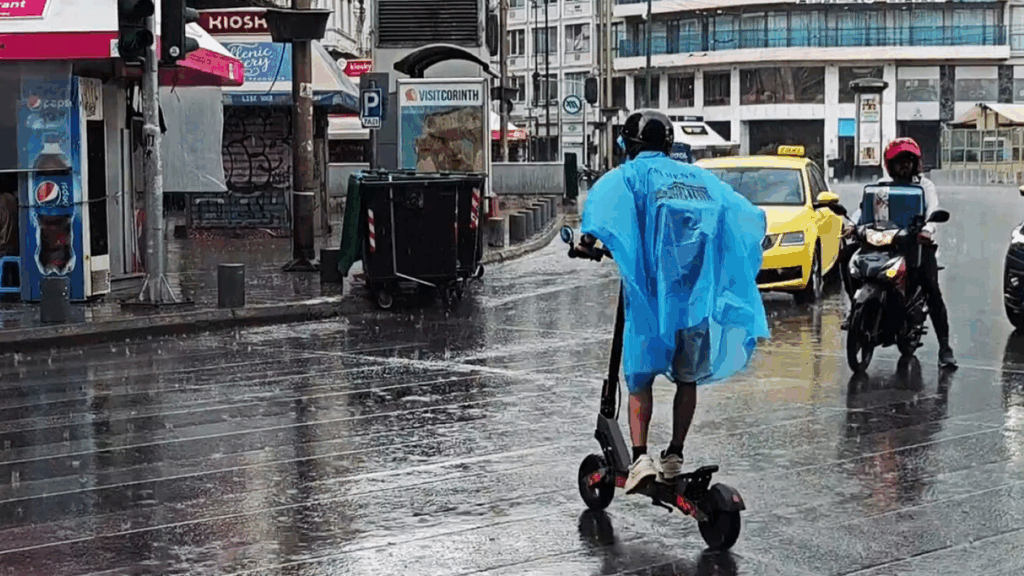Win – win meeting between Trump and Erdogan at the White House: The goal is weaning from R
Source: ProtoThema English
With a rich photo album, flattering rhymes and expressions of civility, and several promises, the Turkish President, Recep Tayyip Erdogan, is attempting a “total reset” on the American and international political scene.
For Ankara, the visit to the 47th US president, Donald Trump, was aimed at resolving a decade’s worth of unfinished business and certainly of the Democratic administration, as the Turkish president laid out his wish list early on, including:
– the acquisition of the F-16 and F-35 with a return to the related programs,
– the deepening of bilateral energy relations,
– cooperation in the field of the defence industry,
– the transfer of know-how, but also the increase of bilateral trade, with the agreement to acquire 200 new aircraft from Boeing as a frontline.
“Meeting – contract”
The fact that the Turkish President had prepared a “meeting-contract”, i.e. an agenda of different trade deals with the US President, was the key to its success, as it offered the host new financial resources and the opportunity to convince the American public of the merits of his person-centric approach to foreign policy.
New priorities
With Erdogan’s… gifts amounting to several billion dollars, President Trump has retorted that he is willing to exempt Turkey from sanctions on US fighter jets, as long as it in turn stops buying Russian oil. In effect, the US President asked his counterpart to prioritize his allies at the international level, given that Turkey has the Russian S-400 system, which prompted the US sanctions. While this particular weapons system was not mentioned by name by Trump, it has nevertheless galvanized Hispanic members of Congress, as any exemption for the Turkish side from the sanctions framework is going through a vote on Capitol Hill, where a majority is not a given for the White House.
At the same time, however, Donald Trump’s stance has shown the Turkish president that his return to the fighter jet program goes through Ukraine, as Russian oil funds Moscow’s military machine, which President Erdogan now stands against. Without a clear timetable, “we can easily get an F-35 deal, but Erdogan will have to do something for us first,” Trump said, leaving the possibility open and without, however, making clear what the U.S. wants from Turkey to close the F-35 deal.
For the Atlantic Council, the meeting was successful for three reasons, as it “marks a positive, even partial, shift in tone in the bilateral relationship” and “the picture of the joint press conference was extremely positive.” After all, US interests are aligned with those of Ankara on a range of issues, including the situation in Syria, Ukraine, ending the war in Gaza, as well as the resumption of broader defense industrial cooperation, with an open chapter in the settlement of Halkbank.
In addition, “following the closed-door meeting, we have indications that significant progress was made in several areas,” the Atlantic Council notes, concluding that two major energy deals – one for twenty-year liquefied natural gas (LNG) purchases worth $43 billion and a civil nuclear energy deal involving small modular reactors – were formalized during the meeting.
As for the Greek … color of the meeting, the reopening of the Halki Theological School was brought back to the forefront as a request conveyed by the US President to his Turkish counterpart, in an attempt to satisfy demands that cement a sense of balance and tolerance at the regional level.
Russia’s disengagement
In the big picture, the meeting itself, the rich image and atmosphere captured the closeness of the two leaders and bilateral cooperation, improving Ankara’s diplomatic position. However, “not all observers in Ankara or Washington will be happy with this closer alignment, but decision makers have weighed the advantages and are moving forward,” the same US think tank stresses, underlining the parameter… Ukraine.
Even a return to the F-35 program implies the economic weaning of Moscow from Ankara, i.e., the deprivation of valuable resources derived from Russian oil, especially when there are suspicions that it is diffusing beyond the neighboring country.
In such a case, a partial lifting of sanctions under the Countering America’s Adversaries Through Sanctions Act (CAATSA) would pave the way for Turkey’s even more active participation in the European pillar of NATO. Weaning from Russia is also at stake in the bilateral energy cooperation agreement signed yesterday at the White House, as it “signals an alternative to Russia’s dominant role in Turkey’s energy sector through the Akkuyu nuclear power plant and future projects”, as noted, allowing Turkey to tip the scales towards the US if it eventually chooses to do so.
“The meeting discussed the joint steps we will take in the coming period as two allied and friendly countries. The emphasis was on areas of regional cooperation that we can implement. It was an extremely productive and successful visit,” Turkish Foreign Minister Hakhan Fidan said, setting the tone for yesterday’s meeting, with an open roadmap for the implementation of what was agreed upon.
Ask me anything
Explore related questions
The original article: belongs to ProtoThema English .



